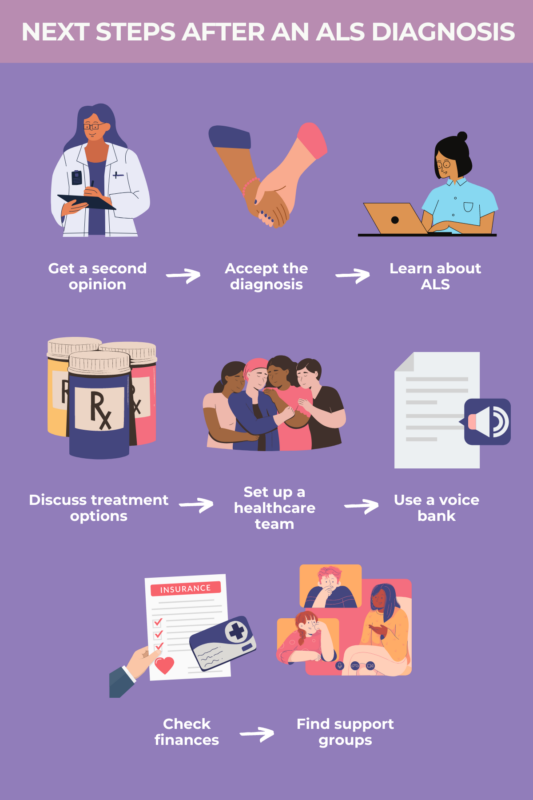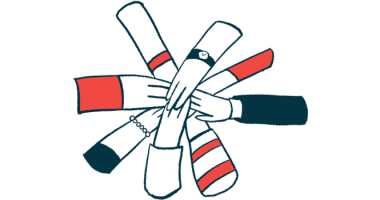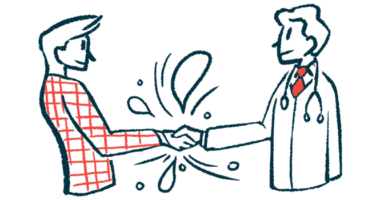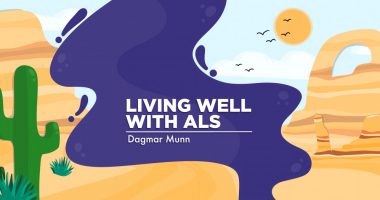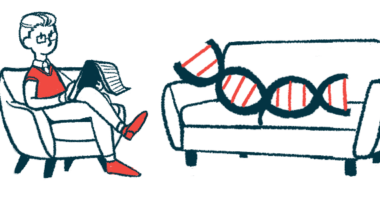FAQs about after an ALS diagnosis
Support after an ALS diagnosis initially comes from a healthcare team of doctors and other specialists who can explain and offer treatment options. A newly diagnosed person with ALS may also benefit from therapy to support their mental health. A social worker at an ALS clinic or ALS organization can provide connections to local support groups, referral to home-care and respite services, and other community connections. ALS organizations and foundations run in-person and online support groups that bring together those living with ALS into a peer-led community for shared experiences, emotional support, coping strategies, and advice from healthcare professionals.
Treatment for ALS encompasses approved treatments, such as medications to treat symptoms and experimental treatments aimed at slowing the course of the disorder, along with supportive forms of therapy, including physical therapy, occupational therapy, speech therapy, respiratory therapy, and psychotherapy and counseling.
All people with ALS in the U.S. who receive Social Security Disability Insurance are automatically eligible for Medicare without a waiting period, which pays a portion of the cost of medical care. U.S. military veterans are eligible for financial and medical support through Veterans Affairs. Some private health insurance covers the cost of ALS treatments, equipment, home care, and more.
ALS affects the body in a number of progressively challenging ways from causing issues with breathing and communication to mobility and mental health. To counter these and other ALS-related changes, daily living requires planning and coping strategies, the use of adaptive devices and technologies, therapeutic treatments, exercise and diet modifications, mental health treatment, making the living space more accessible, and more to maintain health and independence for as long as possible. It’s also important to reach out for help, take all medications as prescribed, talk with a sympathetic person or a therapist, let go of unnecessary tasks and obligations and stay connected with friends and family.
Voice banking records samples and creates a customized synthetic version of a person’s own voice to preserve speech. This can be done early after diagnosis to create a stock of spoken words that can be used by communication software, such as text-to-speech generating devices. If a person with ALS loses their ability to speak, the digital version of their voice can be used to communicate with others.
Related Articles

 Fact-checked by
Fact-checked by 